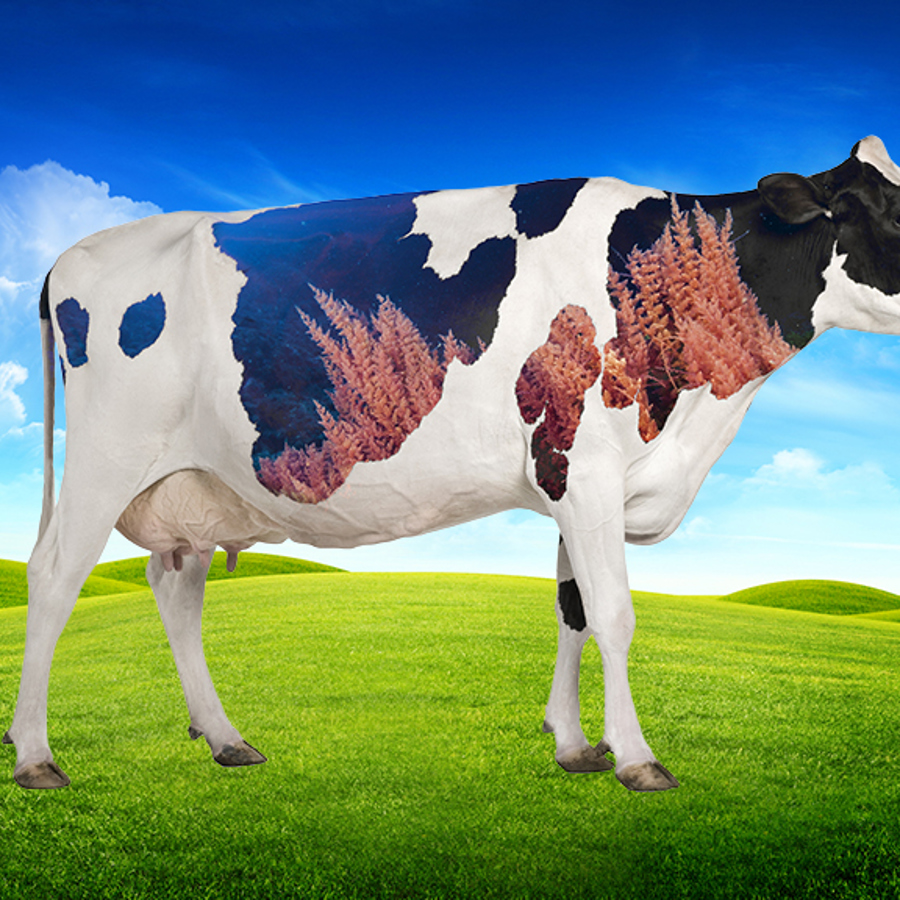
How Can a Cow's Diet Affect the Climate

Each weekday, NSTA will share a sensemaking task teachers and families can use to engage their students in authentic, relevant science learning. We encourage families to make time for family science learning (science is a social process!) and are dedicated to helping students and their families find balance between learning science and the day-to-day responsibilities they have to stay healthy and safe.
Grade Levels: 6-8
Concepts/Skills: Cause and Effect, Patterns, Energy and Matter, Stability and Change, Soil types and relationships, Garden as ecosystems, Connect observations to ecosystem health
Objectives:
- Many different factors are contributing to the increase in Earth’s average global temperature. One of these factors is the release of the greenhouse gas methane to the atmosphere by certain kinds of animals. Cows, for example, burp methane gas as a natural part of digesting their food.
- As scientists search for ways to reduce the rate of climate change, some are investigating how feeding cows a kind of seaweed called Asparagopsis can help to reduce the amount of methane in their burps.
Teaching About Climate Change
About Us
The Tech Interactive 2025 ©
All rights reserved.
 Skip Navigation
Skip Navigation

